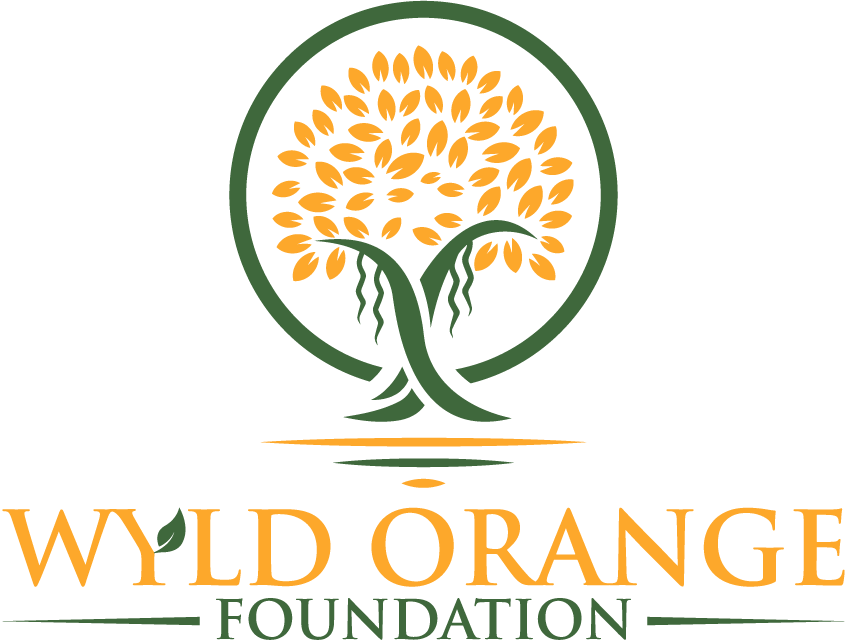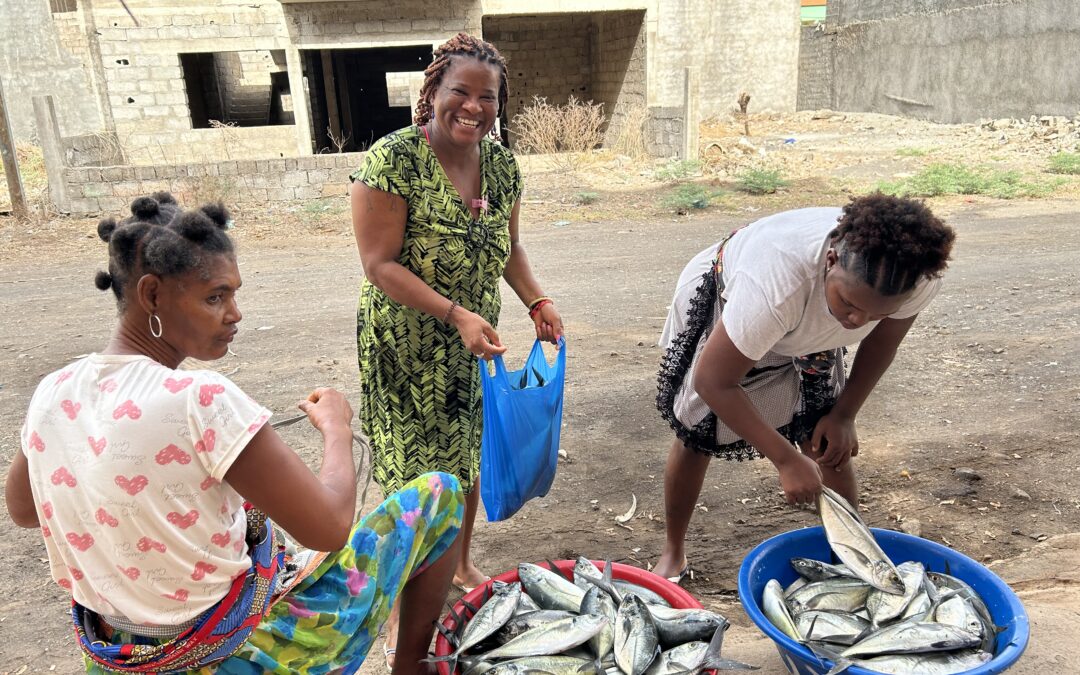This month, we’ve been celebrating the power of green purchasing across our centres. This is a practical step that turns everyday decisions into meaningful action for people and the planet. Many of our teams have been championing sustainable purchasing for years, but taking a fresh look reminded us just how much impact these choices create.
Green purchasing isn’t just about buying differently, it’s about building a future where every purchase counts. By choosing local produce over packaged imports, refill bottles instead of single-use plastics or repairing an appliance rather than replacing it, we cut down on waste, shrink carbon footprints and invest in the communities around us. From sourcing traditional foods from nearby farmers to donating leftover goods and embracing renewable energy, our centres around the world show that even small shifts add up to real change. Challenges like seasonal shortages or limited recycled supplies still exist, but the determination to keep moving forward is stronger than ever.
Local Market First
In Nepal, the team makes a point of sourcing fresh produce from nearby markets. This simple step not only reduces packaging waste but also keeps money circulating in local economies. They’ve also switched to refill packs for soaps and dishwashing liquid, and even opted for a refurbished fridge instead of buying new, proving that cost savings and resource conservation can go hand in hand.
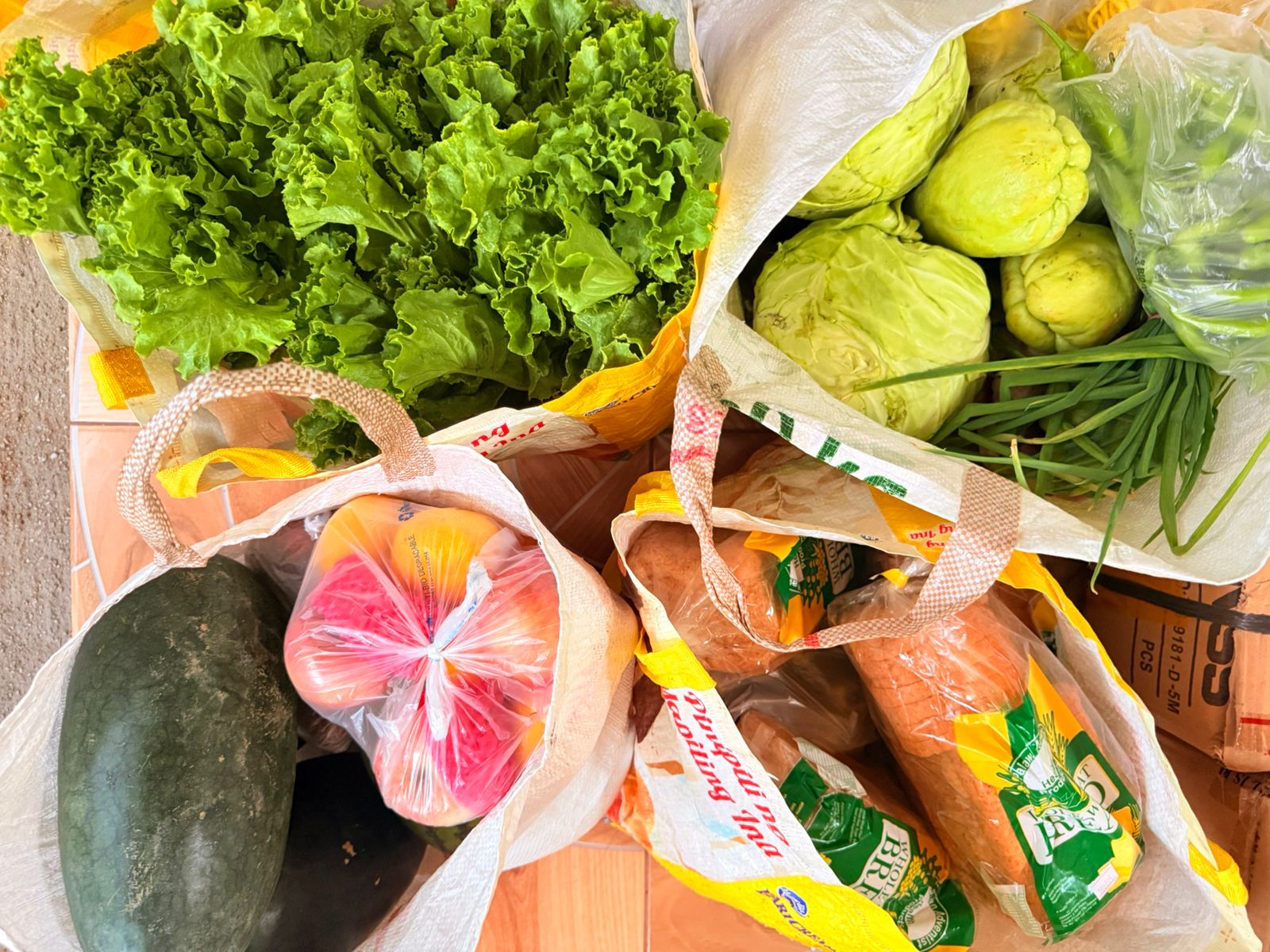
Less Plastic, More Ingenuity
In Cambodia, one basket replaces dozens of single-use bags during weekly food shopping. Staff also plan to expand the use of banana leaves to line plates, cutting down on dishwashing liquid and water waste.
In Laos, teams are moving toward reusable lunch boxes, refillable bottles and eco-friendly paper.
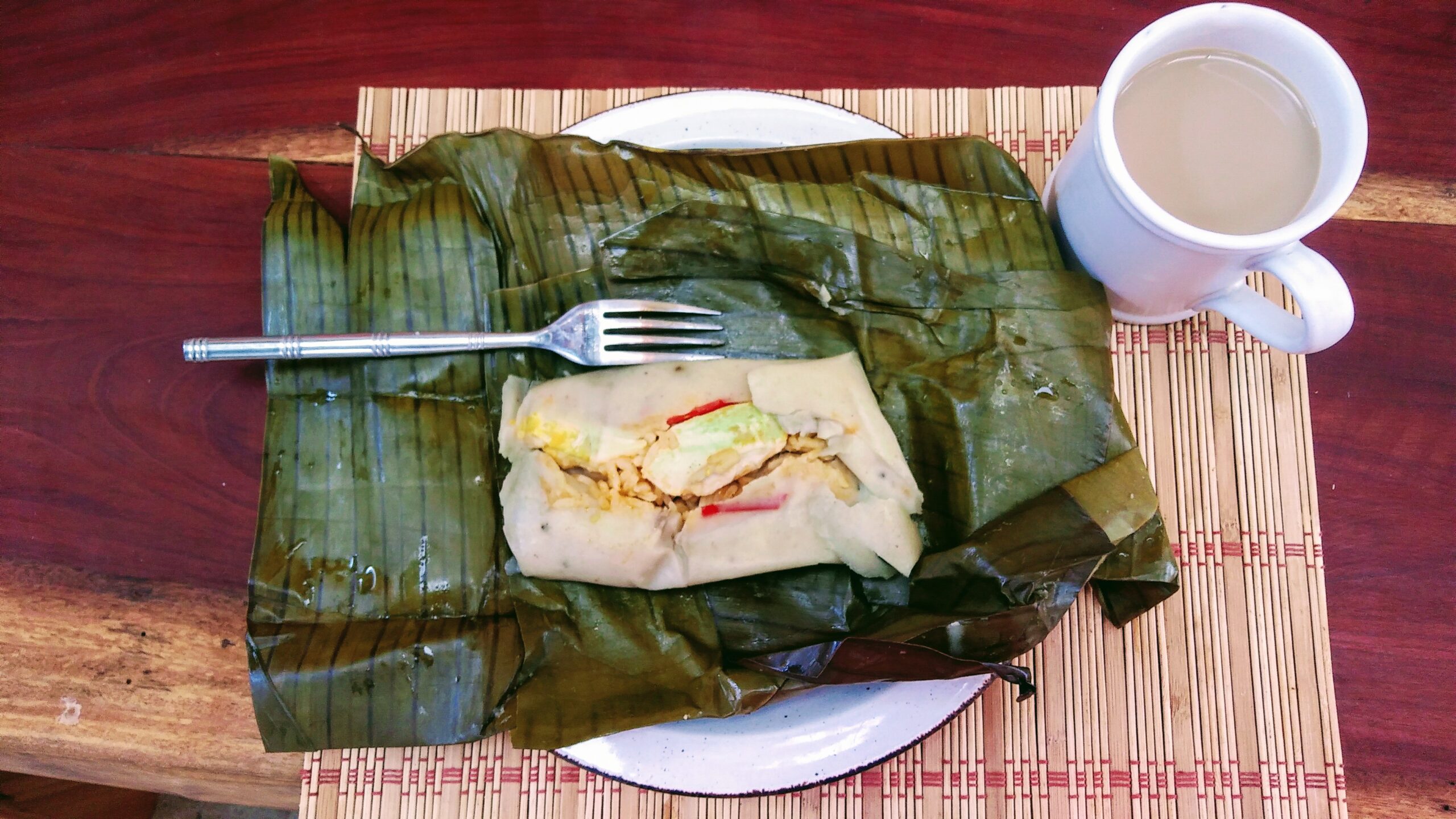
Smarter Shopping
In the Philippines, food supplies are purchased once a week in bulk, reducing both transport emissions and packaging. In Laos, handmade Saa paper bags have replaced plastic gift bags, offering a beautiful, sustainable alternative. Meanwhile in Sri Lanka, the focus is on bulk purchasing, eco-friendly cleaning supplies and providing filtered water to eliminate plastic bottles.
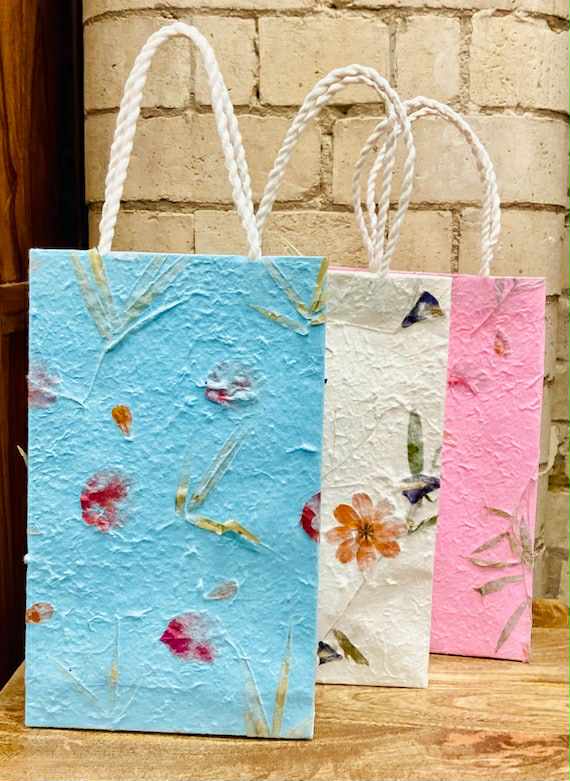
Standout Practices in September
Nepal: Fresh produce from local markets, refill packs for soap, refurbished fridge
Cambodia: One basket replaces plastic bags, banana leaves reduce washing waste
Thailand: Refillable bottles, local farmers supported
Philippines: Weekly bulk shopping, no preservatives in food supplies
Laos: Saa paper gift bags replace plastic
Sri Lanka: Food waste composted, refillables used, filtered water provided
Green purchasing is about more than consumption, it’s about values. Every choice we make can ripple outward, shaping healthier ecosystems and stronger communities.
By sharing what works, each of our centers inspires others to keep raising the bar.
